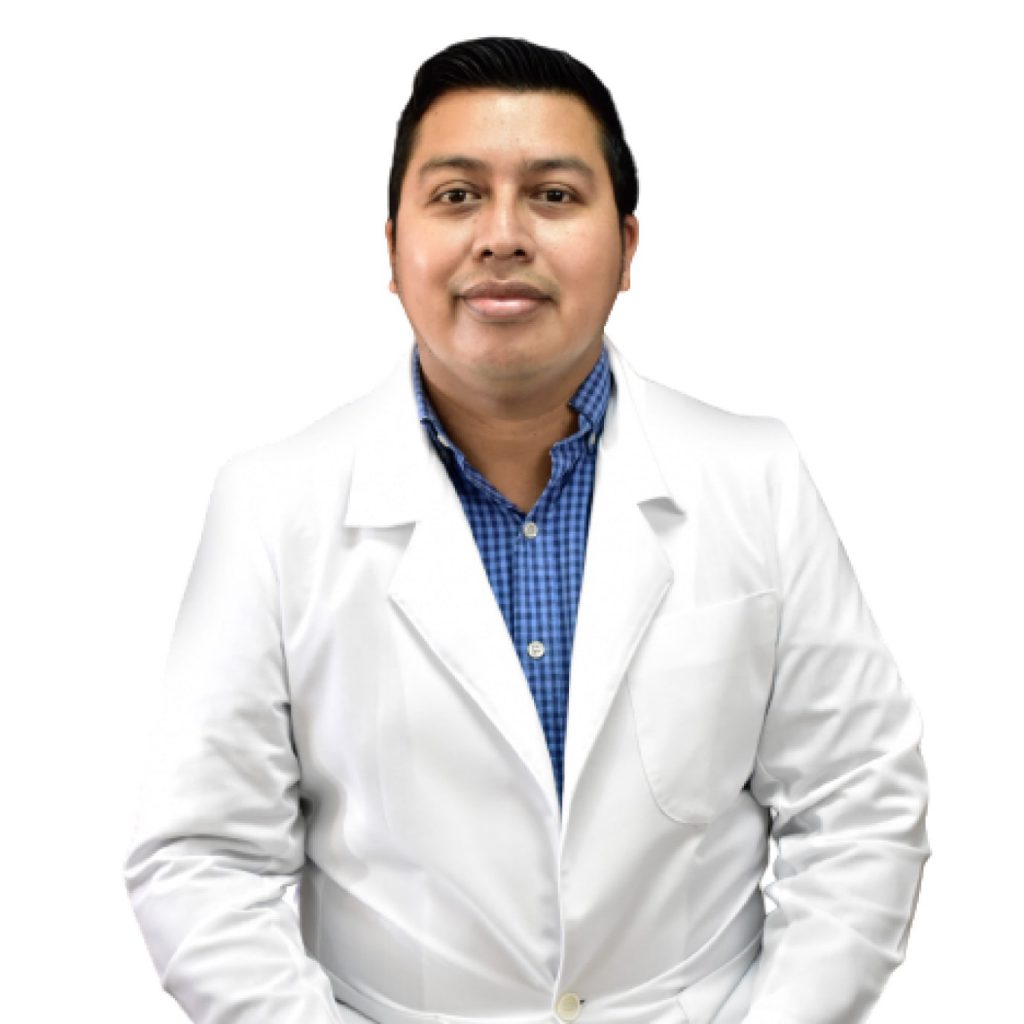Medical Oncologist Dr. Ramon Yacab Talks to Yello Belize About Colon Cancer
by Carolyn Lee Jul 18, 2022

Colon Cancer or colorectal cancer affects millions of men and women globally. According to the U.S. National Library of Medicine (NCBI), data collated in 2018 indicates that colon cancer is the fourth most commonly diagnosed cancer in the world. It is also the third most deadly cancer.
Yello caught up with Medical Oncologist Dr Ramon Yacab, who works in the Oncology Unit at Karl Heusner Memorial Hospital Authority, to learn more about colon cancer in Belize.
Why did you choose oncology?
What drew me most to the field of oncology is that it is one of those fields where you have the biggest impact on a person’s life. When a patient is diagnosed with the “C word”, it can be very devastating.
As a physician, the ability to step in and take someone through their journey is extremely rewarding. The science aspect is fascinating, but the patients and my ability to develop long term relationships with them and their family is the main reason I chose this field. I’m fortunate that I found a career that enables me to pursue a field I’m passionate about while helping people.
Colon cancer is an important health issue in Belize. Tell us about this type of cancer – causes, symptoms, and treatment options.
We cannot pinpoint the specific causes of colon cancer, but we do know that there are risk factors that increase the chances of developing colon cancer. Some of these cannot be modified and include age, genetics and even relation to ethnicity. There are other factors termed “modifiable” that can be controlled. These include cigarette smoking, alcohol consumption, having a high body mass index and lack of physical activity.
Symptoms related to colon cancer generally include changes in bowel habits, presence of blood in the stool, weight loss for no known reason and tiredness. The treatment will be dependent on the stage. However, the most common modality includes surgery and chemotherapy.
How many cases are there, and have you observed an increase in this disease?
Although numbers are important, we don’t have a precise number count of cases. We are relying on projections. It’s estimated that colon cancer is the fifth leading cancer in Belize. There are approximately 30 cases of colon cancer diagnosed yearly.
What’s the recovery rate like in Belize?
Unfortunately, in Belize, most patients are coming in with an advanced colon cancer (Stage IV). That means that six out of every 10 patients are coming in with an incurable disease. The remaining four patients have an excellent recovery rate once the patient undergoes surgery and receives chemotherapy when required. This could certainly change if we’re able to detect cancers early through colon cancer screening.
What should someone who’s been diagnosed with colon cancer expect during the first visit with an oncologist?
During the first visit, the patient can expect an amicable conversation. The intention is to walk the patient through their story. This offers us an opportunity to get to know the patient better. As a result of this conversation, we will be able to learn about the patient’s hopes, concerns, and goals, and can work to create a treatment plan for the patient.

Share five important questions that someone who is diagnosed should ask during their first consultation.
- What type of cancer do I have?
- What is the stage of my cancer?
- What are my treatment options?
- What is the goal of my treatment?
- What are the side effects related to treatment?
What important documents or items (test results, medication, etc.) do they need to bring?
It is important to bring your previous studies for reviewal. Emphasis would be made on your biopsy results, radiological studies (for example CT scans of the chest and abdomen), laboratory test and CEA tumour marker determination.
Are they allowed to have someone (family, partner, close friend) with them during the initial visit?
Patients are recommended to bring in someone who they trust during the initial consultation (for example a family member, or a close friend). Most of the time, patients will be overwhelmed with the diagnosis and the information shared. Seventy per cent of the information shared during an initial consultation may not be processed by the patient. It is important to have someone who will support the patient during that initial visit.
What are two important lifestyle changes that they should prepare for?
- Have a well-balanced diet – eating a rich diet in whole grains, vegetables, and fruits while limiting consumption of red meats and processed meat.
- Keep physically active.
Share some of the resources that are available to persons with colon cancer.
Patients will find different resources in Belize. For treatment, they can inquire at the Oncology Unit at the KHMHA and BCCD at Dangriga. In terms of support groups and other educational materials, they can check the Belize Cancer Society offices countrywide, the Cancer Awareness Group at Orange Walk and the Belize Hospice and Palliative Care Foundation in Belize City.
Give a word of advice to persons who may suspect that they have colon cancer but are afraid to get checked for it.
Remember, early detection saves lives. Colon cancer is highly treatable. Seek medical advice and visit your nearest gastroenterologist to discuss your symptoms and the need to perform a colonoscopy.
We must change our culture and make colorectal cancer screening a part of our lives. Once you’ve hit the 45-year mark, visit your gastroenterologist to discuss cancer screening options.
Yello wishes to thank Dr Yacab for sharing with us. We hope that this information helps you or someone you know. Use Find Yello to find a doctor, hospital, health centre or related services.








